Architecture is a discipline that blends many things. It’s about art and science, creativity and logic, vision and technicality. Architects are engaged in the process of designing and constructing spaces that shape the experience.
What role does intelligence play in this? Does a specialist need to possess a high IQ score to create a groundbreaking architectural design? Or is it about creativity and knowledge?
Many people question what part their IQ score plays in their life and career. Before you find out your score, you should find credible sources. You can check the MyIQ online test review and then pass the test to see what your score is and how good your cognitive abilities are.
There may be a connection between intelligence and architectural greatness. Let’s find out how cognitive abilities influence design and innovation in architecture.
Intelligence in Architecture
There is analytical thinking, problem-solving, and logical reasoning that are measured through IQ tests. In this field of activity, these cognitive abilities are certainly valuable. Besides creating an aesthetically appealing construction, professionals envision structures that must be functional, sustainable, and structurally sound. A high IQ can help with grasping complex mathematical and spatial relationships. Architects must understand engineering principles and solve design challenges efficiently.
However, architecture demands a high degree of spatial intelligence that traditional IQ tests don’t measure. Specialists are required to have the ability to mentally manipulate 3D forms. Besides, EQ and creative intelligence are no less crucial in this career path. They play a significant part in an architect’s ability to work with clients, understand their needs, and create spaces that evoke emotion and purpose.
High IQ in Architectural Excellence
There are many renowned architects with exceptional intelligence. However, IQ alone doesn’t determine a specialist’s success. Nonetheless, the following aspects contribute to architectural excellence:
Problem-solving and critical thinking
While creating a design, professionals face many challenges. Here are some of them:
- Design constraints;
- Environmental factors;
- Budget limitations;
- Structural stability, etc.
The higher the score, the faster the architect will handle all the challenges.
Mastery of technical knowledge
While creativity plays a vital part in the work of architects, great designs also require an understanding of physics, engineering, material space, and geometry. A higher IQ in an architect means a specialist has the ability to learn, retain, and apply complex technical knowledge effectively.
Pattern recognition and analytical thinking
It’s much easier for a person with a high IQ to identify patterns and relationships. This is invaluable in architecture. While understanding the interplay of space, light, and materials, professionals can come up with more cohesive and functional designs.
Adaptability and innovation
As in many other fields, architecture is an ever-evolving field. Bright minds can quickly grasp new trends, take advantage of new technologies, and adapt to changing environmental and societal needs. These traits won’t be redundant for a thriving architect.
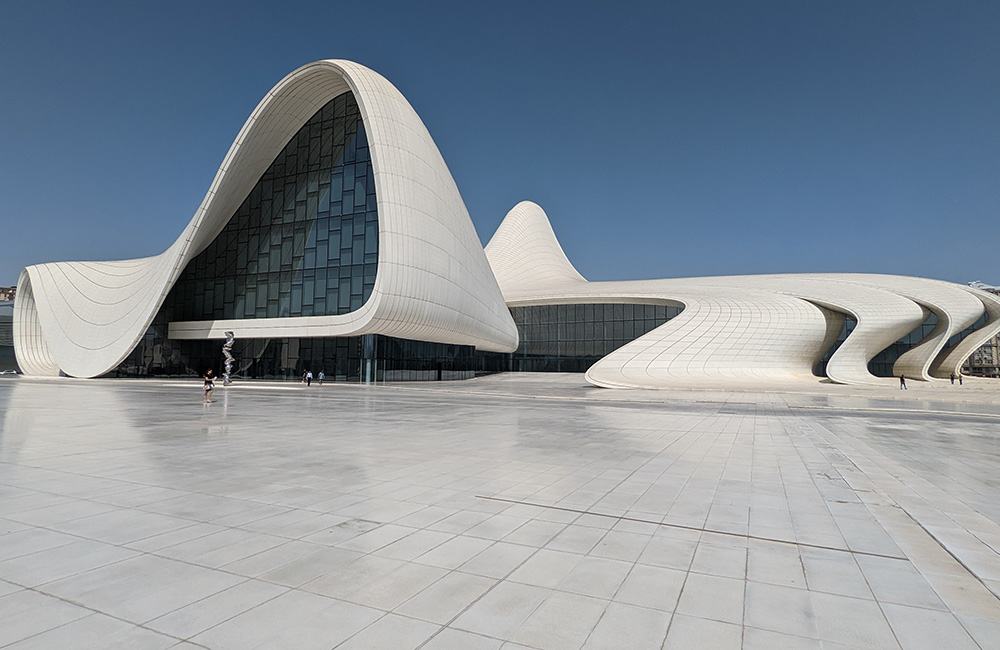
Creativity vs. IQ in Architecture
Is IQ or creativity more important in architecture? That’s one of the most debated topics. Intelligence can certainly help in technical problem-solving. However, creativity is the true driving force behind extraordinary design. Frank Gehry, Zaha Hadid, and Antoni Gaudí are the most celebrated architects. They are known for their bold and unconventional designs.
Creativity is not solely dependent on IQ. It’s driven by curiosity and willingness to push boundaries. Masterpieces are born from an architect’s ability to think beyond constraint and challenge traditional norms. Many professionals with exceptional creativity in architecture may not necessarily have an extraordinarily high IQ score. However, they possess an innate ability to perceive space uniquely.
Besides, creativity thrives in collaboration. Different teams work on architectural projects. Some teams have their strengths in highly analytical tasks, while other teams have deeply artistic strengths. And they work together to bring designs to life. Intelligence is truly important, but it’s more about the synergy of diverse talents that leads to great architecture.
Great Role Models
- Le Corbusier: This professional showcased exceptional intellectual and analytical skills. He used a systematic approach to every design. All his works reflect a highly structured and logical mindset.
- Frank Lloyd Wright: He was undoubtedly intelligent. However, his strength lay in his unparalleled creativity and deep understanding of human nature. In the example of Fallingwater, we can see that he was less concentrated on logic and more on harmonizing with nature. All his works highlight how visionary thinking and artistic intuition can be just as vital as technical mastery.
- Zaha Hadid: Her works are a testament to both intellectual rigor and creative brilliance. Her complex and fluid designs have defied traditional architectural forms. Such designs require spatial intelligence and a firm grasp of cutting-edge technology. Her works demonstrate how intelligence can coexist with creativity to produce extraordinary architecture.
In Summary
High IQ is not the sole determinant of architectural greatness. It can provide professionals with exceptional cognitive abilities, including technical mastery, problem-solving, and analytical thinking. However, there are other factors which play equally vital roles. It’s creativity, artistic intuition, and emotional intelligence.

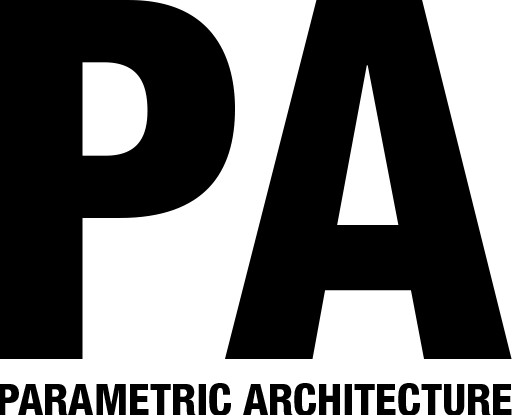

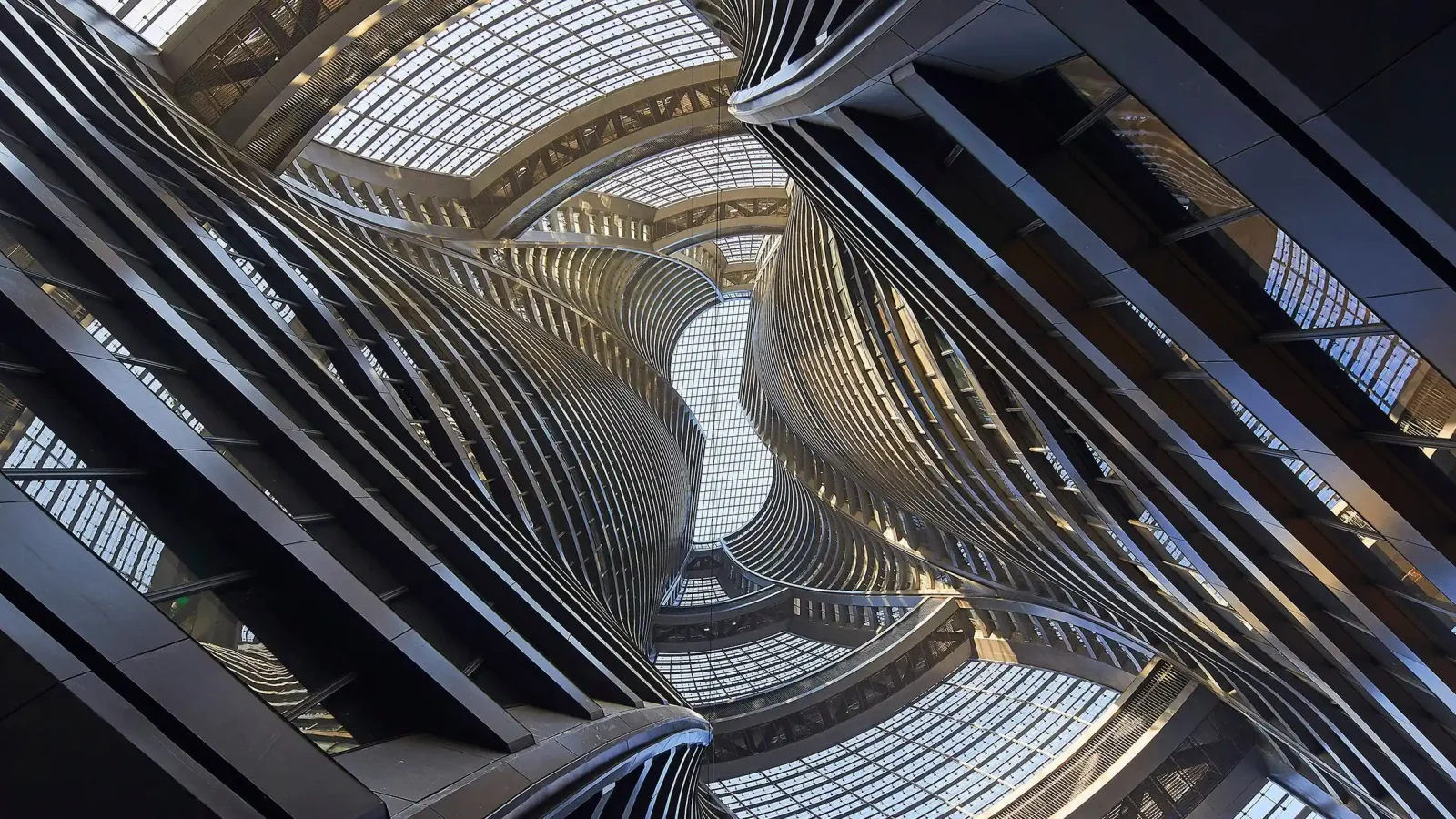


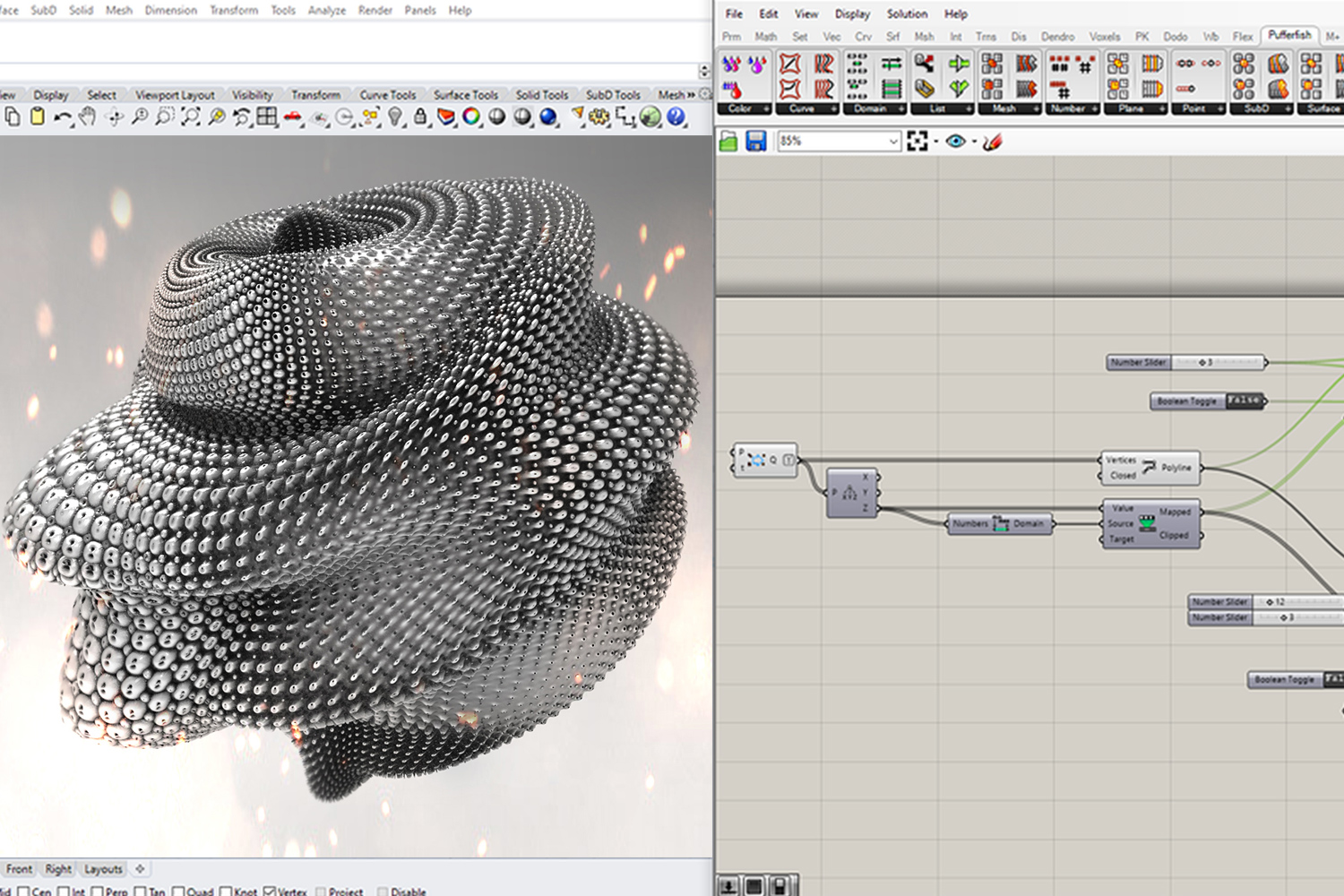

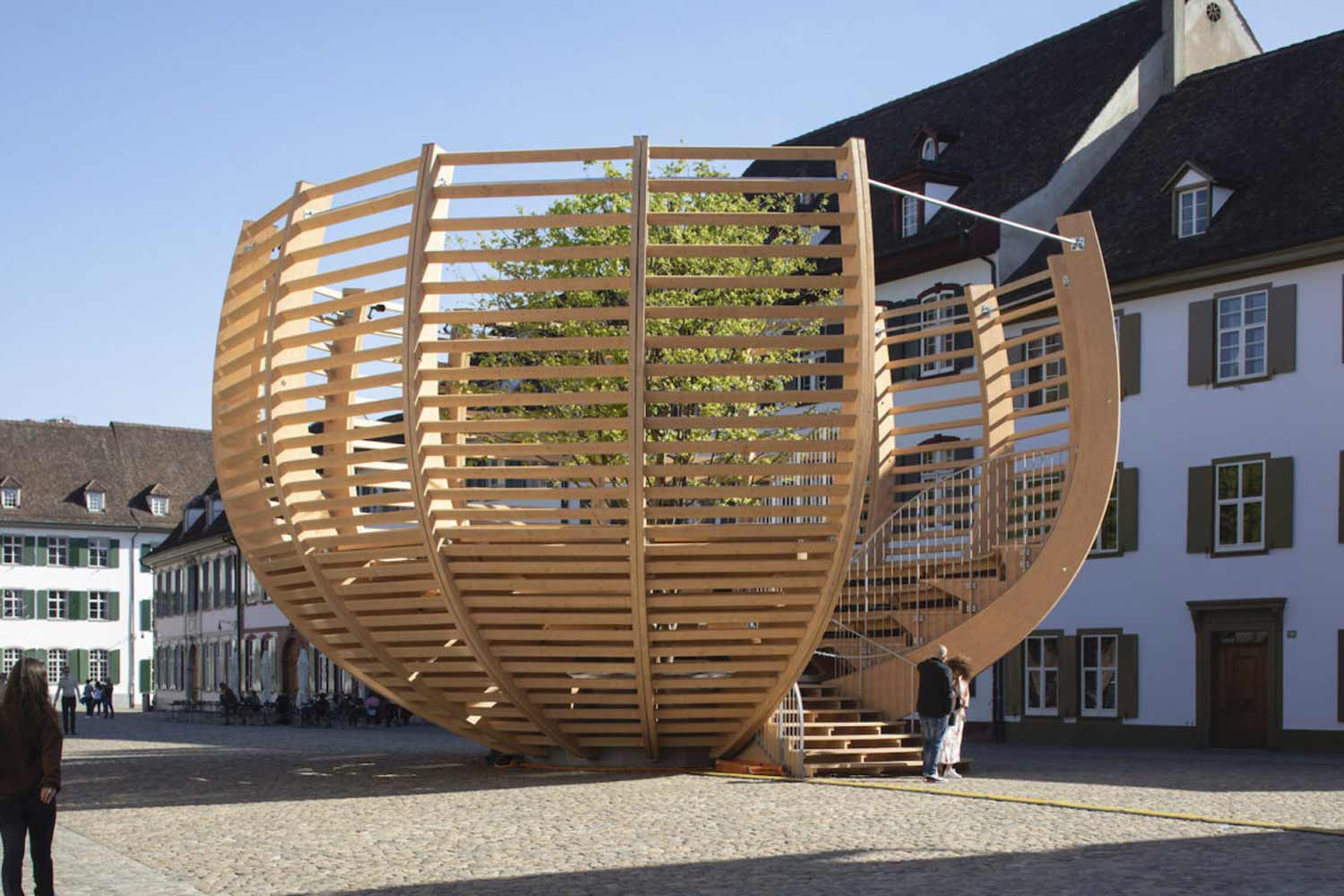
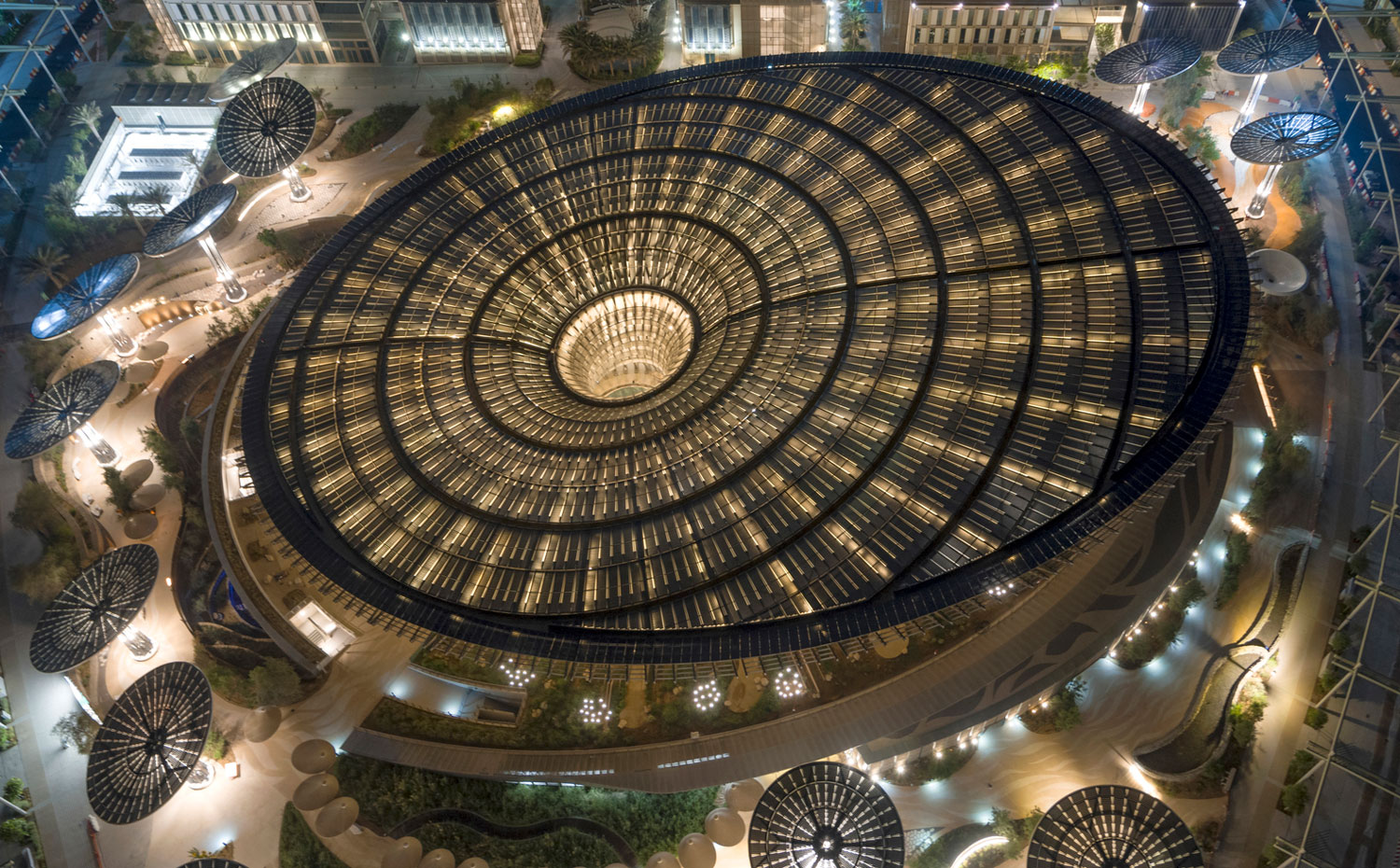
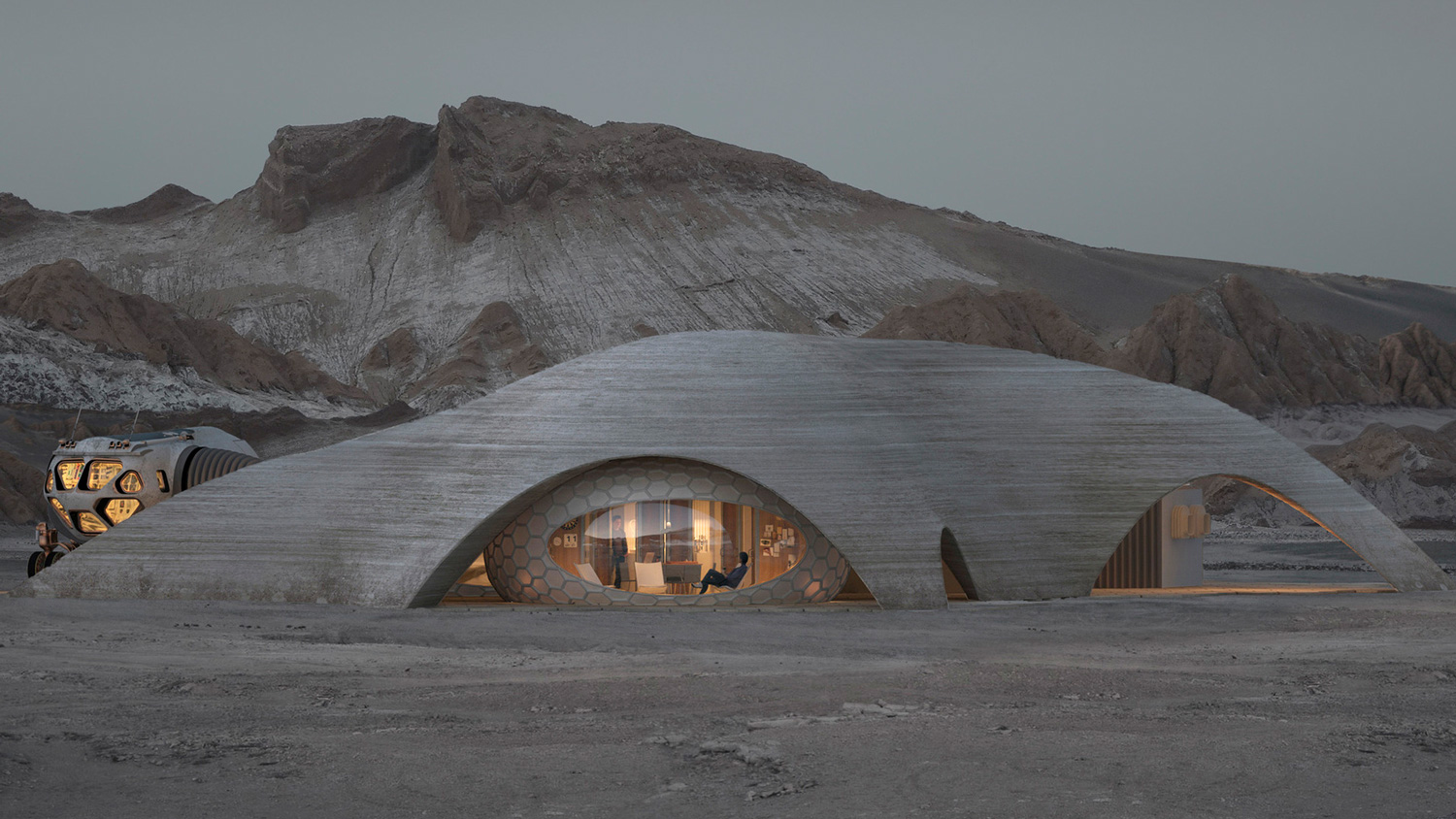







Leave a comment